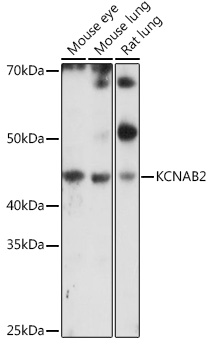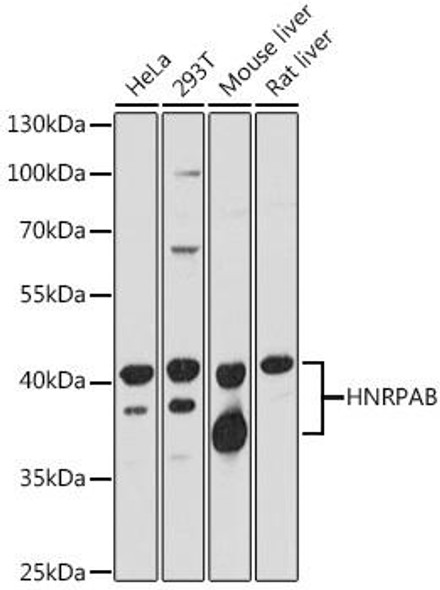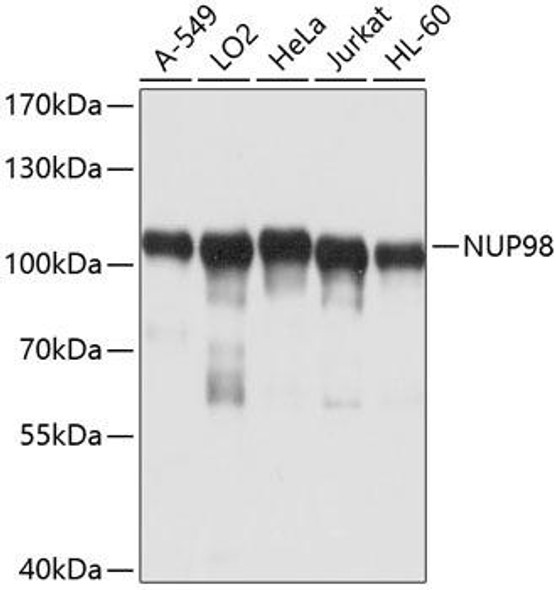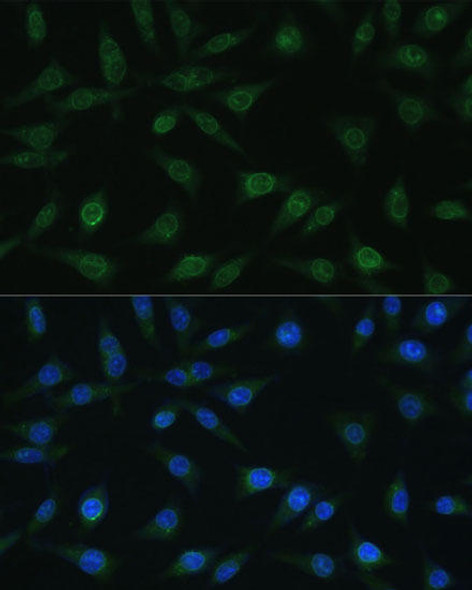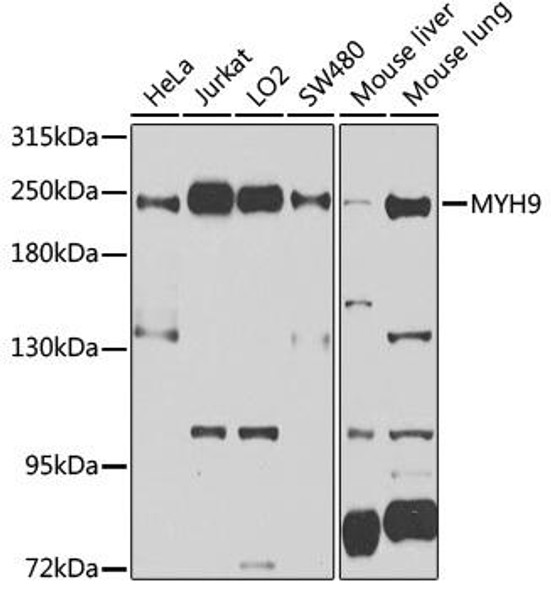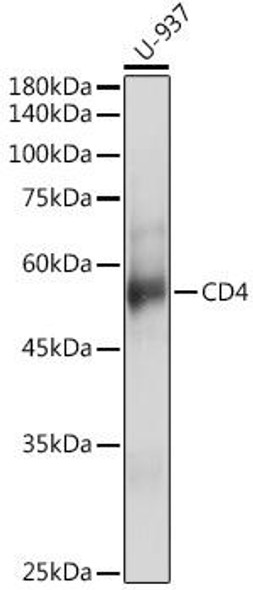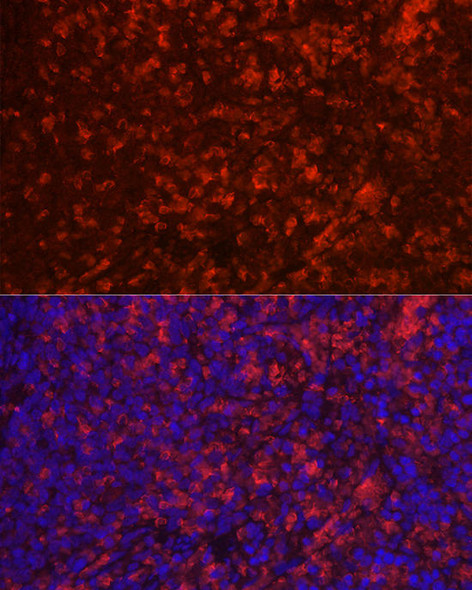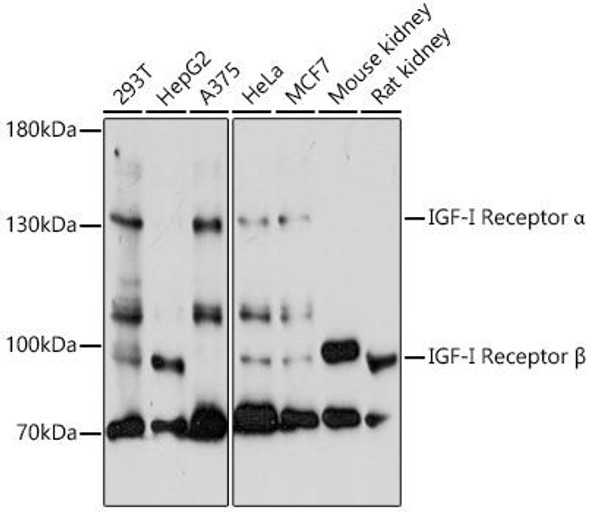Description
KCNAB2 Rabbit Polyclonal Antibody (CAB16224)
The KCNAB2 Polyclonal Antibody (CAB16224) is a valuable tool for researchers studying KCNAB2, a potassium channel subunit gene associated with neurological disorders and brain function. This antibody, produced in rabbits, demonstrates high reactivity with human samples and is validated for use in various research applications, including Western blotting.KCNAB2 is a critical component of potassium ion channels that play a vital role in the regulation of neuronal excitability and synaptic transmission in the brain. Dysregulation of KCNAB2 has been linked to conditions such as epilepsy, schizophrenia, and Alzheimer's disease. By targeting KCNAB2 with this polyclonal antibody, researchers can investigate its expression levels and localization in different cell types, aiding in the understanding of its function and potential implications in neurobiology.
The KCNAB2 Polyclonal Antibody is a valuable resource for researchers interested in unraveling the molecular mechanisms underlying neurological disorders and exploring potential therapeutic targets for the treatment of brain-related conditions. Its specificity and reliability make it an essential tool for advancing our knowledge of KCNAB2 biology and its implications in neurodegenerative diseases.
| Product Name: | KCNAB2 Rabbit Polyclonal Antibody |
| SKU: | CAB16224 |
| Size: | 20uL, 100uL |
| Isotype: | IgG |
| Host Species: | Rabbit |
| Reactivity: | Mouse,Rat |
| Immunogen: | Recombinant fusion protein containing a sequence corresponding to amino acids 1-40 of human KCNAB2 (NP_003627.1). |
| Sequence: | MYPE STTG SPAR LSLR QTGS PGMI YSTR YGSP KRQL QFYR |
| Tested Applications: | WB IF/ICC ELISA |
| Recommended Dilution: | WB,1:500 - 1:1000 IF/ICC,1:50 - 1:200 |
| Synonyms: | AKR6A5; KCNA2B; HKvbeta2; KV-BETA-2; HKvbeta2.1; HKvbeta2.2; KCNAB2 |
| Positive Sample: | Mouse eye,Mouse lung,Rat lung |
| Conjugate: | Unconjugated |
| Cellular Localization: | cytoskeleton, cytosol, pinceau fiber, plasma membrane, synapse |
| Calculated MW: | 41kDa |
| Observed MW: | 45kDa |
Voltage-gated potassium (Kv) channels represent the most complex class of voltage-gated ion channels from both functional and structural standpoints. Their diverse functions include regulating neurotransmitter release, heart rate, insulin secretion, neuronal excitability, epithelial electrolyte transport, smooth muscle contraction, and cell volume. Four sequence-related potassium channel genes - shaker, shaw, shab, and shal - have been identified in Drosophila, and each has been shown to have human homolog(s). This gene encodes a member of the potassium channel, voltage-gated, shaker-related subfamily. This member is one of the beta subunits, which are auxiliary proteins associating with functional Kv-alpha subunits. This member alters functional properties of the KCNA4 gene product. Alternative splicing of this gene results in multiple transcript variants encoding distinct isoforms.
| Purification Method: | Affinity purification |
| Gene ID: | 8514 |
| Storage Buffer: | Store at -20℃. Avoid freeze / thaw cycles.Buffer: PBS with 0.01% thimerosal,50% glycerol,pH7.3. |





